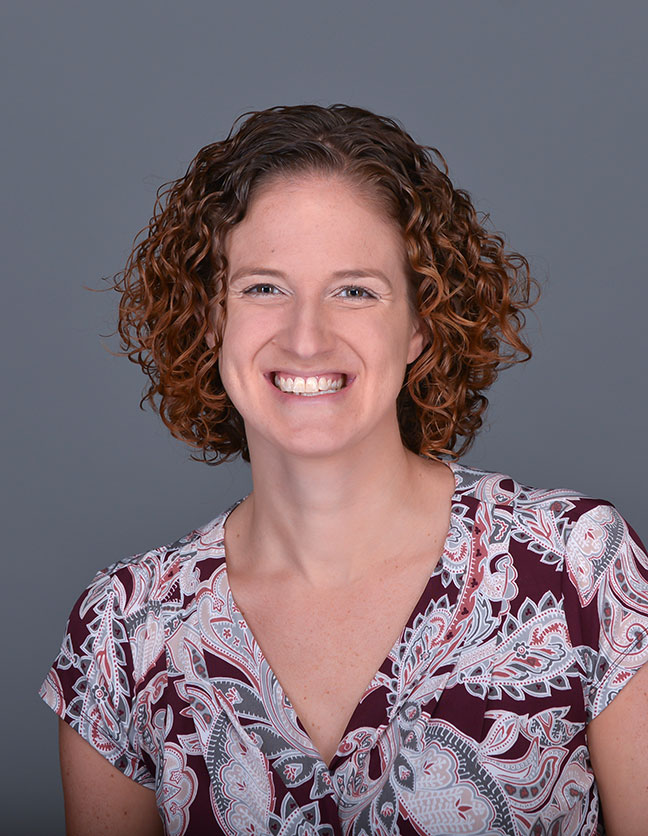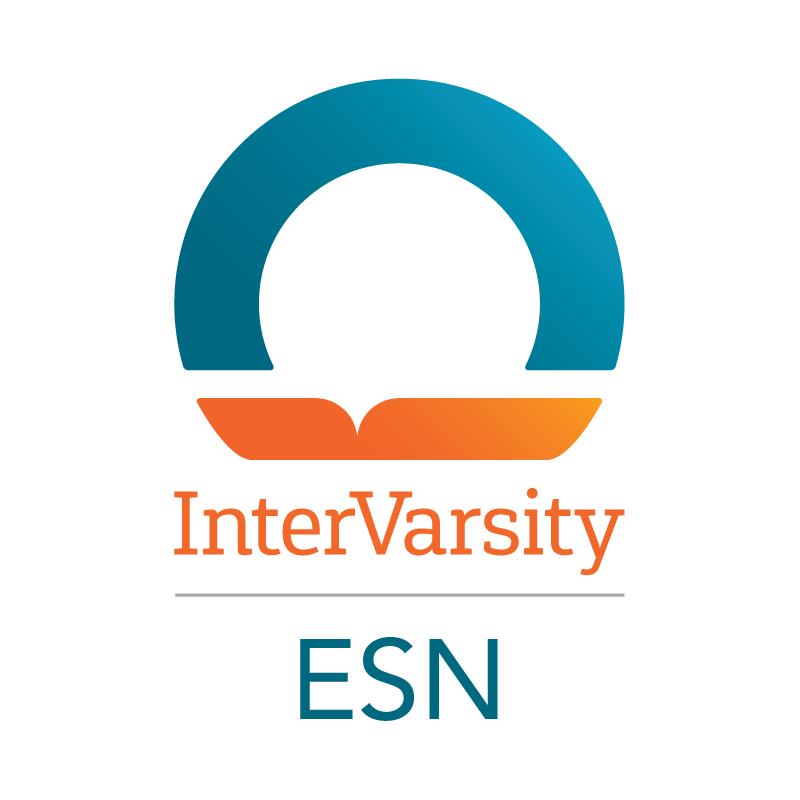 In this interview, 2016 Christian Scholars’ Foundation Grant Recipient Carrie Bredow describes the psychology research she’s carrying out with the grant and talks about how her faith and academic work interact. For more information about the Christian Scholars’ Foundation Grant, see this post. Applications are closed for 2018 are open, click here to learn more.
In this interview, 2016 Christian Scholars’ Foundation Grant Recipient Carrie Bredow describes the psychology research she’s carrying out with the grant and talks about how her faith and academic work interact. For more information about the Christian Scholars’ Foundation Grant, see this post. Applications are closed for 2018 are open, click here to learn more.
Biography for Carrie Bredow
After completing her Ph.D. in Human Development and Family Sciences at the University of Texas at Austin, Dr. Carrie Bredow joined the faculty at Hope College as an Assistant Professor of Psychology in 2012. In addition to teaching courses such as Developmental Psychology, Psychology of Gender, and Psychology of Romantic Relationships, Bredow maintains an active research program focused on the development and maintenance of adult romantic relationships. Specifically, Bredow’s recent scholarly work has been focused on examining how unmarried individuals’ criteria for a long-term partner interact with other factors in the mate selection process to influence their partnering behaviors and decision-making. Ultimately, her research seeks to better understand why people select the life partners that they do and to identify ways to help people avoid “bad choices.”
Interview with Carrie Bredow
ESN: Would you describe your project for our readers?
Carrie: In a nutshell, the goal of my current project is to better understand how people choose their life partners in order to help individuals make better choices. Despite divorce rates that now hover at 40-50% and evidence that the specific partner you marry is a critical factor in whether your relationship works out, remarkably little is known about the social-cognitive processes that actually lead people to choose the partners that they do. Historically, psychologists have studied mate selection by examining people’s reported standards for a partner, with the assumption that these criteria directly guide their subsequent partnering decisions. But recent work has suggested that this may not be the case and that there often seems to be a “fundamental disconnect” between the qualities that people report valuing in a mate and the type of partners they actually select. Are people truly less happy when they begin relationships with partners who do not match their previously reported set of criteria? Or do individuals simply change their standards to reflect the partner they currently have or think they can get? My project seeks to answer these questions by systematically examining whether and how unmarried adults’ stated (i.e., explicit) and unconscious (i.e., implicit) preferences for a long-term partner influence their partnering behaviors and marital decision-making over a period of four years.
ESN: What has the project found so far?
Carrie: One important objective of this project is to move beyond psychology’s historical reliance on self-report measures to incorporate new—potentially more useful—methodologies for assessing people’s standards for a mate. Specifically, my research students and I have spent the last couple of years developing and validating an implicit measure of mate standards that taps into people’s unconscious (rather than explicitly reported) preferences for a long-term partner. The results from this pilot research have been exciting and have demonstrated that our implicit measures can reliably differentiate between people’s unconscious attitudes regarding the importance of different traits in a partner. Moreover, preliminary work testing these measures in a college sample, as well as in a sample of unmarried community members, has revealed that the correspondence between people’s implicit standards and their partner’s characteristics sometimes predicts relationship outcomes in circumstances where explicit standards do not. These early results have been encouraging and suggest that implicit and explicit mate standards play unique—and potentially interactive—roles in shaping partnering behaviors and decision-making.
ESN: How do you see the project unfolding from here?
Carrie: Many questions remain regarding the utility of implicit measures for predicting future partnering outcomes and whether implicitly and explicitly held attitudes work in conjunction—or opposition—to influence people’s choice of partners and the satisfaction and stability of their relationships. Thus, the next step of this project, which is currently underway, involves conducting a four-year longitudinal study to track the interplay between people’s implicit and explicit standards in shaping real-life partnering processes as they unfold over time. Unmarried adults were recruited through a variety of community mediums about a year ago, and after completing an online study at that time, will be contacted annually for four years to complete online follow-up assessments (resulting in a total of 5 waves of data). We are currently in the process of conducting the first of these four annual follow-ups. Given that most of our understanding of mate selection processes has been built on cross-sectional snapshots of people’s behavior, exploring these questions longitudinally will be an important contribution to the field and we are excited to see what our results reveal.
ESN: How has the Christian Scholars Foundation grant supported you in this work?
Carrie: The Christian Scholars Foundation grant has been critical to my ability to conduct the follow-ups central to the longitudinal portion of my project. As a junior faculty member at a small liberal arts college, securing the funds to be able to follow a group of people over the course of several years is a major challenge. Receiving the CSF grant has provided me with the resources needed to provide fair stipends for participants’ involvement in each follow-up. Given the challenges of retaining participants over several years, I would not be able to conduct this phase of my research without this grant. It is ultimately my goal to conduct a 10- to 15-year study following unpartnered individuals into marriage and then tracking the long-term outcomes of these unions, and the present multi-year study will be critical to establishing myself professionally and building the credentials needed to receive funding for a larger-scale project in the future.
ESN: This is a big question, but I know our readers would be interested in at least the short version. How does your faith influence your scholarship and vice versa?
Carrie: I have traditionally viewed the integration of my faith and my scholarship in a manner that is largely procedural—seeking to honor God by doing excellent work and trying to uphold the highest professional standards in my discipline. In this sense, I see being a Christian scholar as a call to conduct and present my research with integrity, to take ethical considerations seriously, and to strive to publish quality work that will make a meaningful contribution to the field (even if this takes longer and results in fewer lines on my CV). My faith has also influenced the questions that I ask, with my belief in the sanctity of marriage underpinning my desire to conduct research that can help people establish healthier and more stable unions. I do not believe that you must examine unambiguously Christian topics to conduct Christian scholarship. My research on partnering processes has never been explicitly Christian, but I strongly believe it is important work that will help the nascent field of relationship science begin to address some genuinely important questions. However, as I have emerged from the first few whirlwind years of pre-tenure academic life, I have felt God prompting me to also pay attention to ways my expertise might enable me to uniquely serve the Church. Although I am still figuring out what this might look like, my first step has been to include constructs in my data collection that are not typically utilized in relationship research (e.g., intrinsic religiosity; spiritual compatibility), but might promote a much-needed dialogue on how the Church can better equip singles to establish stable, Christ-centered relationships that are life-giving. Given that virtually no work has explored the role of Christian values in shaping people’s actual partnering decisions, I am excited to see what peeling back this new layer of my vocational identity will uncover.
ESN: Is there anything else you’d like to share with emerging Christian scholars?
Carrie: Apply for a Christian Scholars Foundation Emerging Scholars grant! In addition to the possibility of receiving funding for a valued project, applying provides a great excuse (and opportunity) to step back and think about how your scholarship is or can be integrated with your Christian faith.
Editor’s Note: Applications to the 2018 Christian Scholars’ Foundation Grant are open, to learn more click here.

The Emerging Scholars Network is always seeking opportunities to identify, encourage, and equip the next generation of Christian scholars to be a redeeming influence in the academy, church, and the world. As you have an announcement, a “call for papers”, an event, a prayer request (e.g., campus, field, higher ed), a resource suggestion, a review, etc., which is in concord with our Kingdom of God endeavor, please send materials (marketing/sales material not accepted) for consideration to post via email or the ESN Writer Survey. Thank you.

Leave a Reply